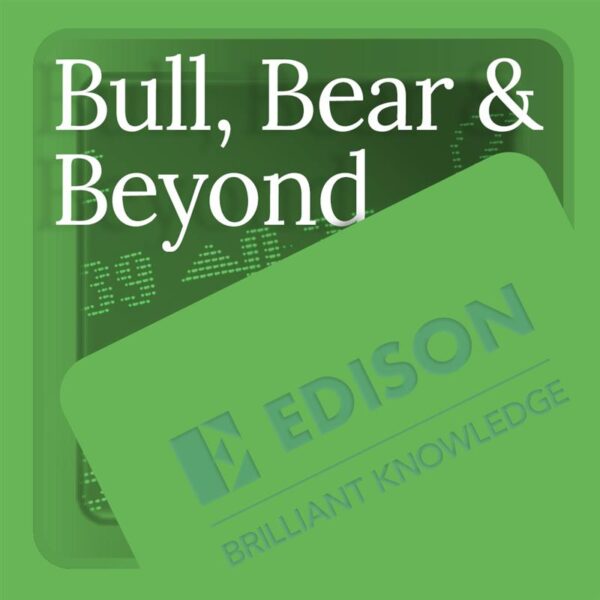Patria Private Equity Trust (PPET) invests in a diversified portfolio of private equity (PE) funds and direct investments in private companies (through co-investments and single-asset secondaries). It partners with around 15 leading PE managers and provides exposure to over 600 underlying portfolio companies. PPET offers a quarterly dividend, which has grown in value every year since 2010, and the manager charges a flat management fee of 95bp with no performance fee on top, which is unlike most PE investment trusts. PPET’s annualised NAV total return of 14.1% to end-March 2025 over the last 10 years was ahead of both the MSCI Europe Small Cap Index and the UK All-Share Index, and broadly in line with its close PE peers.
1. One of PPET’s core strengths is its long-term relationships with high-conviction general partners.
PPET pursues a concentrated, high-conviction strategy of partnering with a small group of top-tier European general partners (GPs), with a strong emphasis on sector expertise, an important advantage in the increasingly competitive PE space. This strategy has proved successful over the long term. Its core GPs include names such as Altor, Hg, IK, Nordic Capital, PAI, Archimed, Triton and Vitruvian, with which PPET has long-term relationships, often spanning more than a decade.
2. PPET offers quality exposure to the PE mid-market.
PPET focuses mainly on the European mid-market, which is defined as companies with enterprise values (EVs) between €100m and €1.0bn. The trust’s manager has recently communicated its intention to further increase the portfolio exposure to the lower mid-market (EVs between €100m and €500m), which it believes provides the greatest potential to outperform the broader PE market, especially in the more normalised interest rate environment.
The PE mid-market offers several potential advantages: many of the acquired companies have not been owned by PE before and therefore offer ‘low-hanging fruit’ in terms of value creation; portfolio exits are less dependent on the IPO market (with the ability to sell into the private equity large cap space, as well as trade buyers); and deals are less reliant on funding via syndicated loans (which was muted during the recent market downturn) and often involve less leverage than large/mega buyouts.
PPET’s maturing portfolio provides the potential for good exit opportunities when PE market activity picks up. Typically, over 50% of its portfolio has been held for four years or more (ie mature assets).
3. PPET’s portfolio has a high share of less cyclical sectors.
The trust’s portfolio is skewed towards sectors with typically lower cyclicality. These include IT companies, mostly profitable B2B software businesses, such as Visma (a provider of mission-critical business software to SMEs); healthcare companies, with little exposure to higher-risk biotech, such as NAMSA (a contract research organisation for preclinical and clinical device companies); and consumer staples, such as the Spanish food retailer Uvesco.
PPET highlights that, while the remaining part of its portfolio (consisting of sectors such as industrials, consumer discretionary and financials) is in more cyclical areas, it includes sub-sectors that offer a combination of good growth opportunities and a valuable product or essential service with a strong digital component. These include environmental B2B services business ACT, provider of funeral services Funecap, cyber insurance broker CFC, and payments company Planet. PPET’s manager believes that only nine of PPET’s top 100 underlying portfolio companies as of end-March 2025 are directly affected by US tariffs.
4. PPET has been growing its direct investments portfolio in recent years.
The strong long-term relationships with its top GPs support PPET’s deal flow in terms of direct investments (co-investments and single-asset secondaries). Direct investments offer greater flexibility in terms of capital deployment (as they are done on a case-by-case basis and capital is deployed faster), leading to higher capital efficiency and easier balance sheet management. Moreover, unlike fund positions, GPs normally often do not charge fees on direct investments, translating into a one-layer fee structure and therefore the potential for higher returns than funds. PPET’s investment manager highlighted that he expects more exits from the direct portfolio in the next 12–24 months.
Published 24 November 2025.















